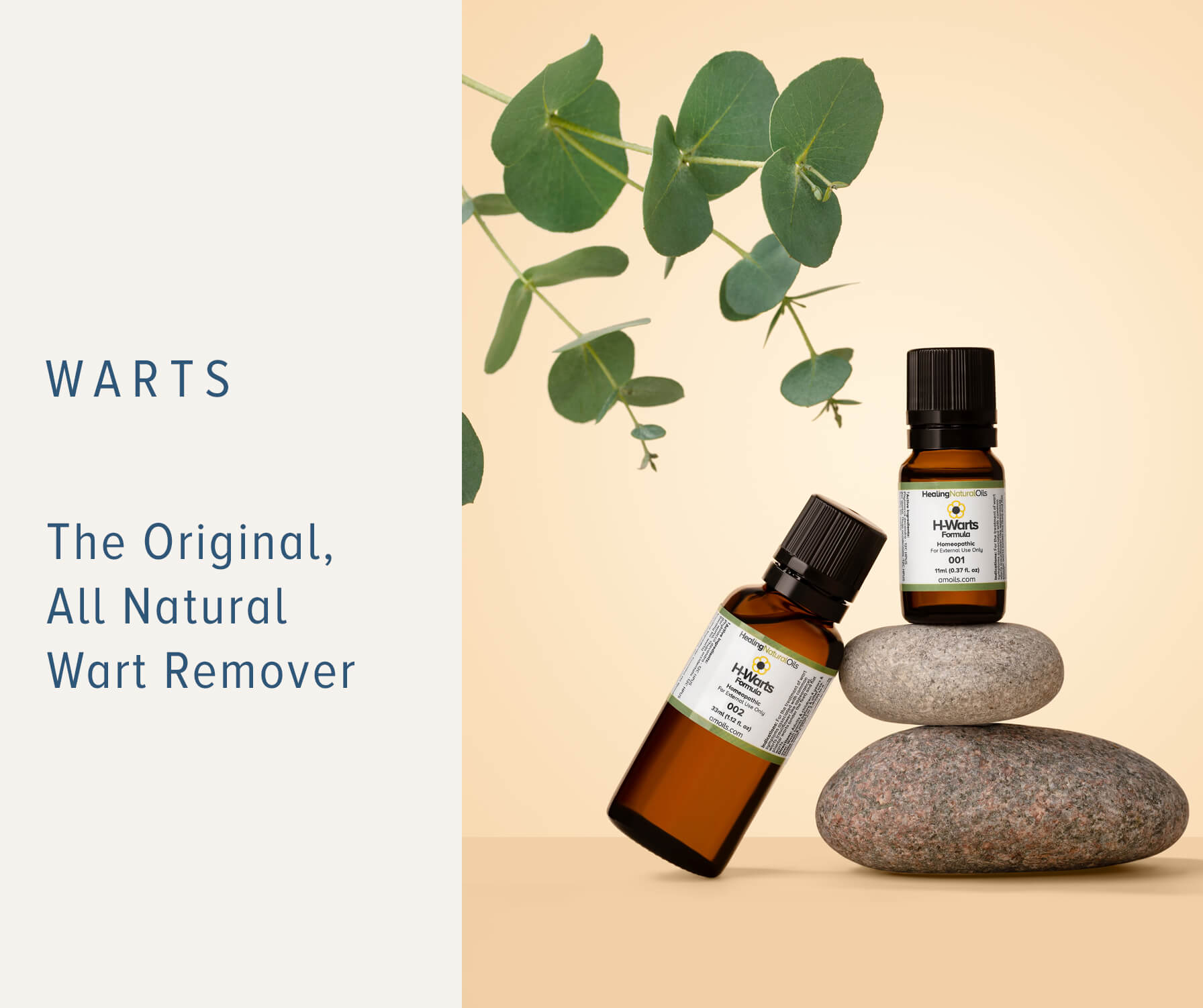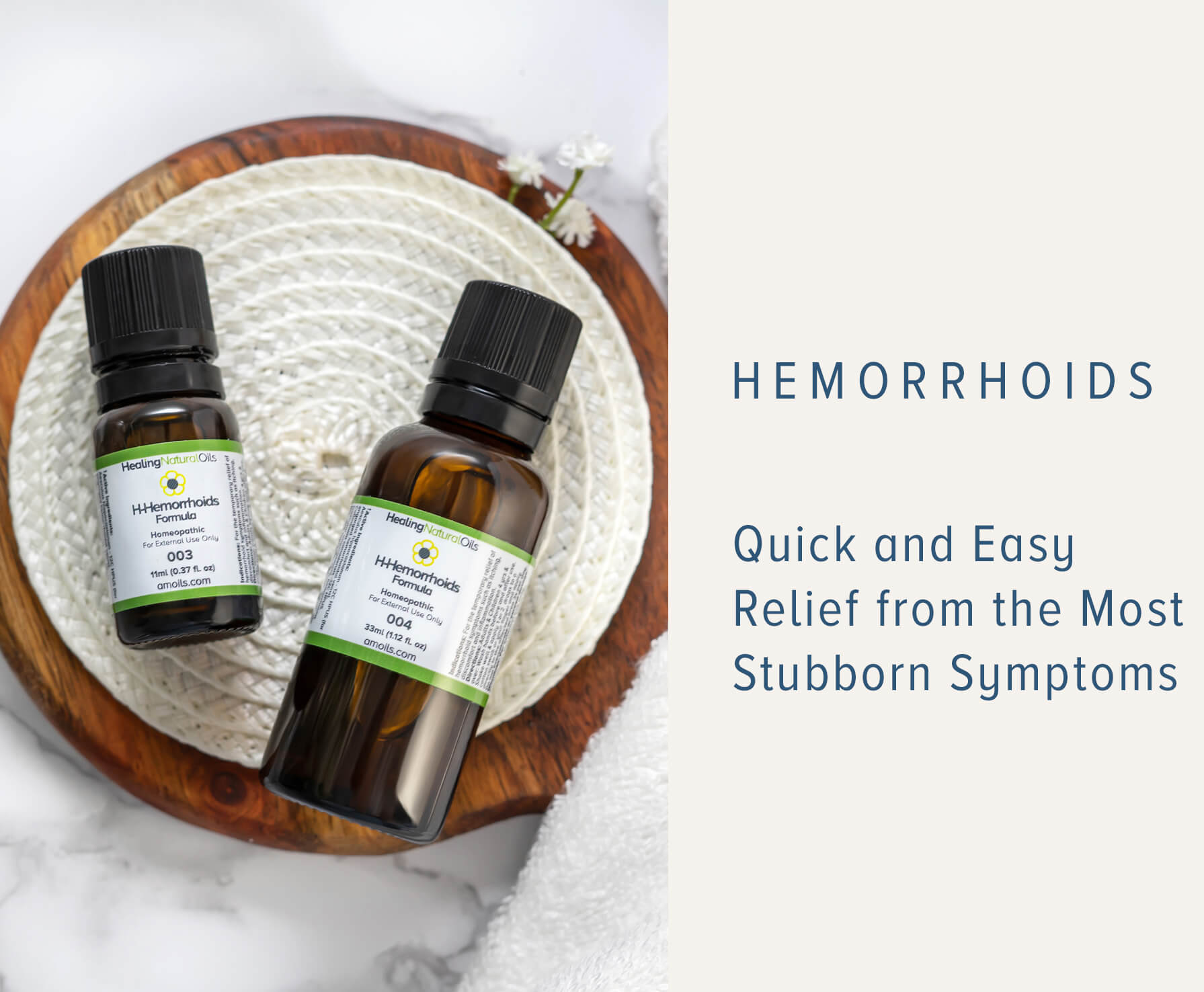-
20 YEARS OF NATURAL PRODUCTS
-
Proudly Manufactured in the USA
Never Tested on Animals
-
ALL NATURAL SINCE 2001
-
Highest Quality Natural Ingredients
Eco-Friendly Packaging
-
All Natural Since 2001
-
Over 1 Million Products Sold
90 Day Money Back Guarantee
100% Natural
90 Day Guarantee
Manufactured in USA

1m products sold
Our Blog
-

Do You Wake Up Each Morning With a Spring in Your Step!
Some of us are morning people and others of course are better at night.

Healing Herbs & How They Give Us More Natural Solutions
We have relied on herbs and herbal medicine to treat our ailments and conditions for centuri...
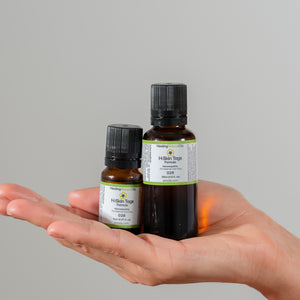
The Skin Tag Product You Need to Try

Why did Clover in Lawns Go out of Fashion?
There are not many gardeners around who would remember what it was like to garden in the 1930s but the important fact...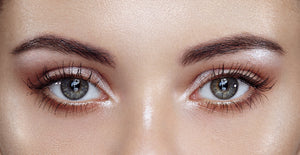
Did You Know That We All Have Eyelash Mites?
Yes we all do! But the good news is that for most of us they are not usually a cause for concern. Find out more about...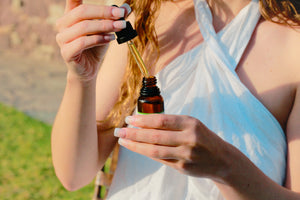
Say Goodbye to Stretch Marks and Cellulite
These two different skin conditions - namely, stretch marks and cellulite - will both affect...

How to Keep Those Nails Clean Whatever the Chore!
Some of us will call it soil, others use the term 'dirt' but either way if you are a hands-on sort of gardener, th...
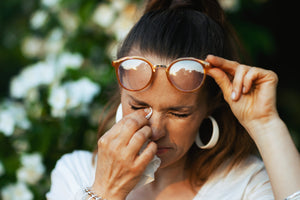
Top Tips on How to Treat the Symptoms of Hay Fever
Spring in the Northern hemisphere can bring misery to the many who suffer from hay fever. A...

Unlocking the Secrets of Psoriasis Care
Psoriasis on the scalp is a common place where this skin condition can occur. We share the ...
Use left/right arrows to navigate the slideshow or swipe left/right if using a mobile device
- Choosing a selection results in a full page refresh.
- Press the space key then arrow keys to make a selection.








